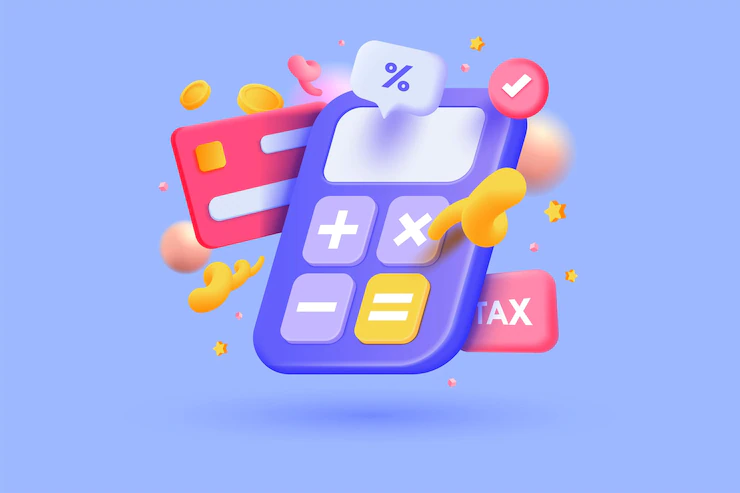This article explains how to verify Switzerland’s VAT numbers. You might attempt to use an API for it.
VAT is a consumption tax that provides the government with sizable sums of money. Consumers pay for it, but businesses are taxed. Customers now pay value-added tax while buying goods and services. The company that sells the goods or renders the service is responsible for collecting and remitting the VAT to the government.
Value-added tax is required in Switzerland for businesses with a yearly revenue of more than CHF 100,000. Annual sales reports are required, and they must register with the Federal Tax Administration. When they register, they receive a VAT number. This also applies to companies operating outside of Switzerland but providing services there.
Since a significant portion of tax revenue may be collected in this manner, we have seen how crucial VAT is to society thus far. To escape taxes, many businesses do, nevertheless, succeed in fabricating VAT numbers and failing to pay them.
A corporation may subtract the VAT it paid for those purchases from the VAT it must pay to the state; if it has to purchase more items or services (inputs) to produce its goods or offer its services. An input tax deduction is what is used to describe this. The federal government imposes a value-added tax on purchases of goods and services. Despite this, not all products are taxed equally.
Expensive goods are an example of something that cannot be deducted. The remaining input VAT amounts are fully deductible provided they are incurred as a result of the business activity.
When less than 10% of an item is used for commercial purposes, input VAT associated with that item is frequently not deductible. It is possible to write off the VAT you paid before starting a business, but you should confirm this with the relevant tax office, especially with regard to quantities.
In order to demonstrate in a transparent manner that they are carrying out a proper legal payment procedure for their goods and services, both government offices and businesses should employ the validation of VAT numbers.
Sporting, cultural, and other event planners are required to collect VAT (for instance, at street or community festivals). This is valid if they generate at least CHF 100,000 in revenue through selling food and beverages, running advertisements, etc. If a non-profit organization’s annual revenue reaches CHF 150,000, it must register as a VAT-registered charity or non-profit association.
An API, which is an interface that enables the creation of software and subsequently various functionalities inside a platform such as applications or websites, can be used to perform this validation. This enables the real-time transmission of some information. Use one that can validate VAT numbers in this situation to benefit from artificial intelligence’s quickness and effectiveness. Additionally, not all VAT Validator APIs, for instance, acknowledge the specifications of firms in Switzerland. We highly recommend you to try the VAT Validation API because of this.
The European Union as a whole can use this UK VAT Validation API technology. You can use it to check whether the VAT numbers are true or fake and, in doing so, ensure proper fiscal procedure and the necessary payments. It is perfect if it is for a business that has a lot of taxes to pay or even for the local government to check so that no business evades taxes.

